Kissinger warns of US-China ‘cold war’ with global repercussions
Former US national security adviser Henry Kissinger has warned that persisting tensions between Washington and Beijing pose “the biggest problem” for the world and will lead to a “cold war” if the two economic powers fail to mend ties.
“It’s the biggest problem for America; it’s the biggest problem for the world. Because if we can’t solve that, then the risk is that all over the world a kind of cold war will develop between China and the United States.” Kissinger said Friday at the McCain Institute’s Sedona Forum on global issues.
The 97-year-old veteran diplomat further insisted that US-China tensions threaten to engulf the entire globe and could lead to an Armageddon-like clash between the two military and technology powerhouses, urging US foreign policy elites to stand united in their approach to the China challenge.
He also expressed concerns that while nuclear weapons were already large enough to damage the entire globe during the cold war, advances in nuclear technology and artificial intelligence – where China and the US are top rivals – have multiplied the doomsday threat.
“For the first time in human history, humanity has the capacity to extinguish itself in a finite period of time,” Kissinger underlined. “We have developed the technology of a power that is beyond what anybody imagined even 70 years ago.”
“And now, to the nuclear issue is added the hi-tech issue, which in the field of artificial intelligence, in its essence is based on the fact that man becomes a partner of machines and that machines can develop their own judgment,” he then emphasized. “So in a military conflict between hi-tech powers, it’s of colossal significance.”
According to Kissinger, the cold war between the US and the Soviet Union during the decades after the World War II was more one-dimensional, focused on nuclear weapons competition.
“The Soviet Union had no economic capacity. They had military technological capacity,” he observed. “(They) didn’t have developmental technological capacity as China does. China is a huge economic power in addition to being a significant military power.”
Kissinger then went on to point out that US policy toward China must take a two-pronged approach: standing firm on US principles to demand China’s respect, while maintaining a constant dialogue and finding areas of cooperation.
“I’m not saying that diplomacy will always lead to beneficial results,” the foreign policy strategist added. “This is the complex task we have … Nobody has succeeded in doing it completely,” he said.
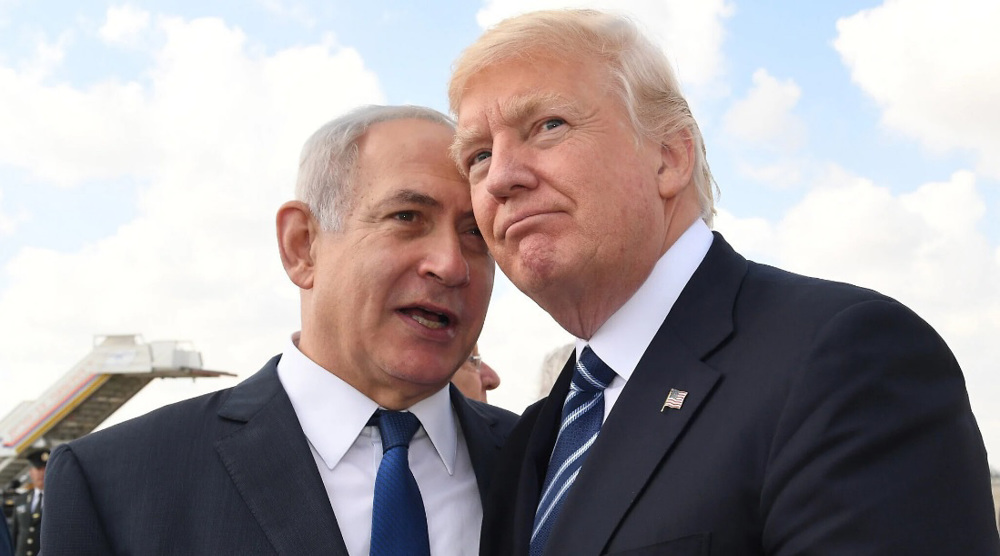
Netanyahu not invited to Trump’s inauguration, aide says
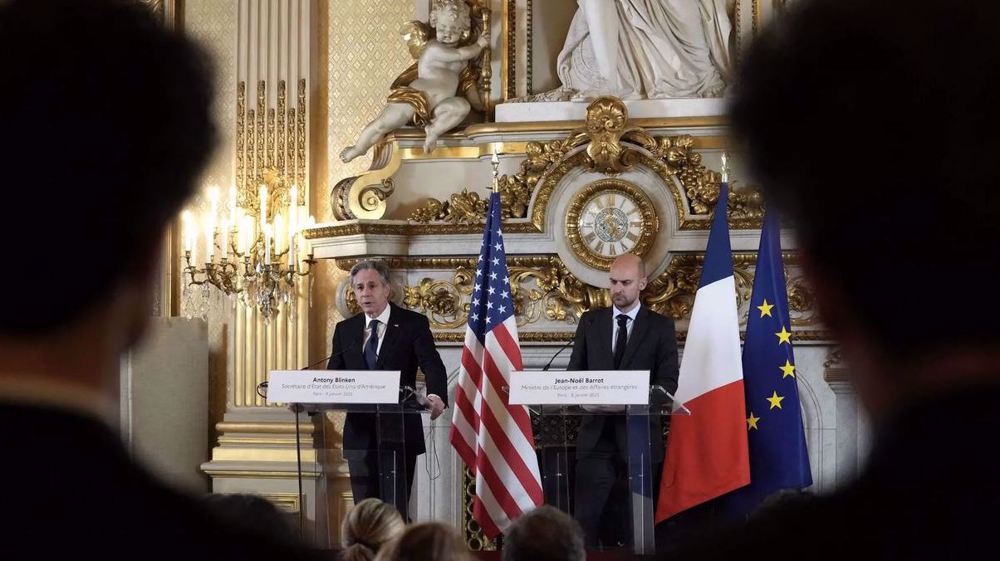
Blinken announces final $500 million military aid package for Ukraine
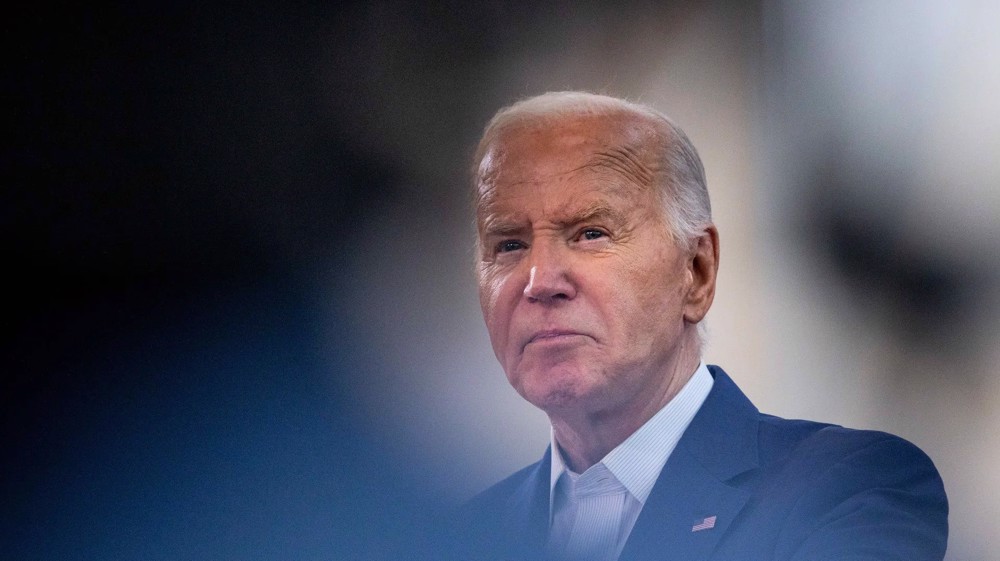
Biden to keep Syria's HTS terror designation in place: Officials
VIDEO | Press TV's news headlines
Israeli strikes kill more civilians across Gaza
VIDEO | EU's involvement in Syria discussed in Rome
VIDEO | US wages airstrikes on pro-Palestinian demonstrators in Sana'a
VIDEO | Syrians show mixed reactions to US sanctions relief
Israeli court extends Dr. Abu Safia's detention
After 15 months, Israeli army admits to killing kibbutz settlers on Oct. 7
VIDEO | Press TV's news headlines


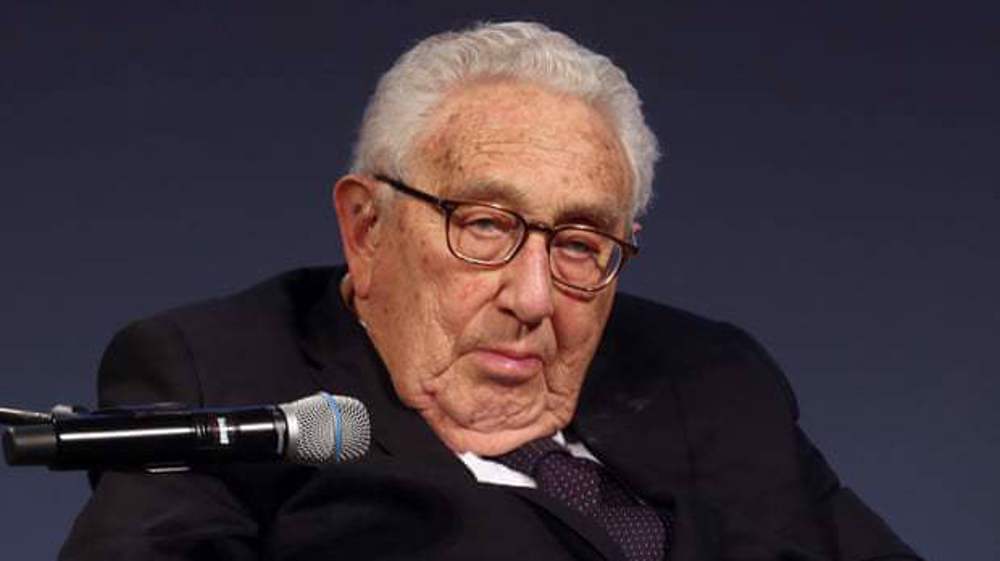



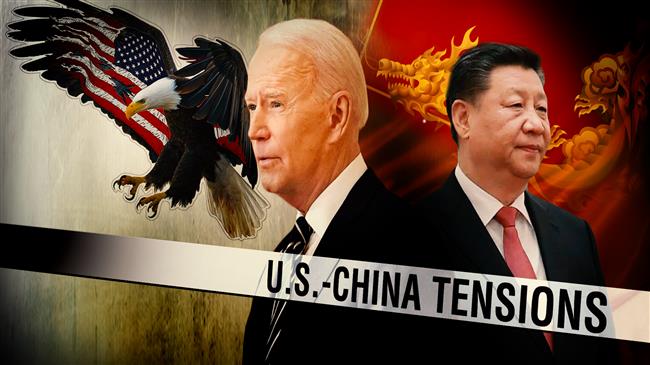


 This makes it easy to access the Press TV website
This makes it easy to access the Press TV website